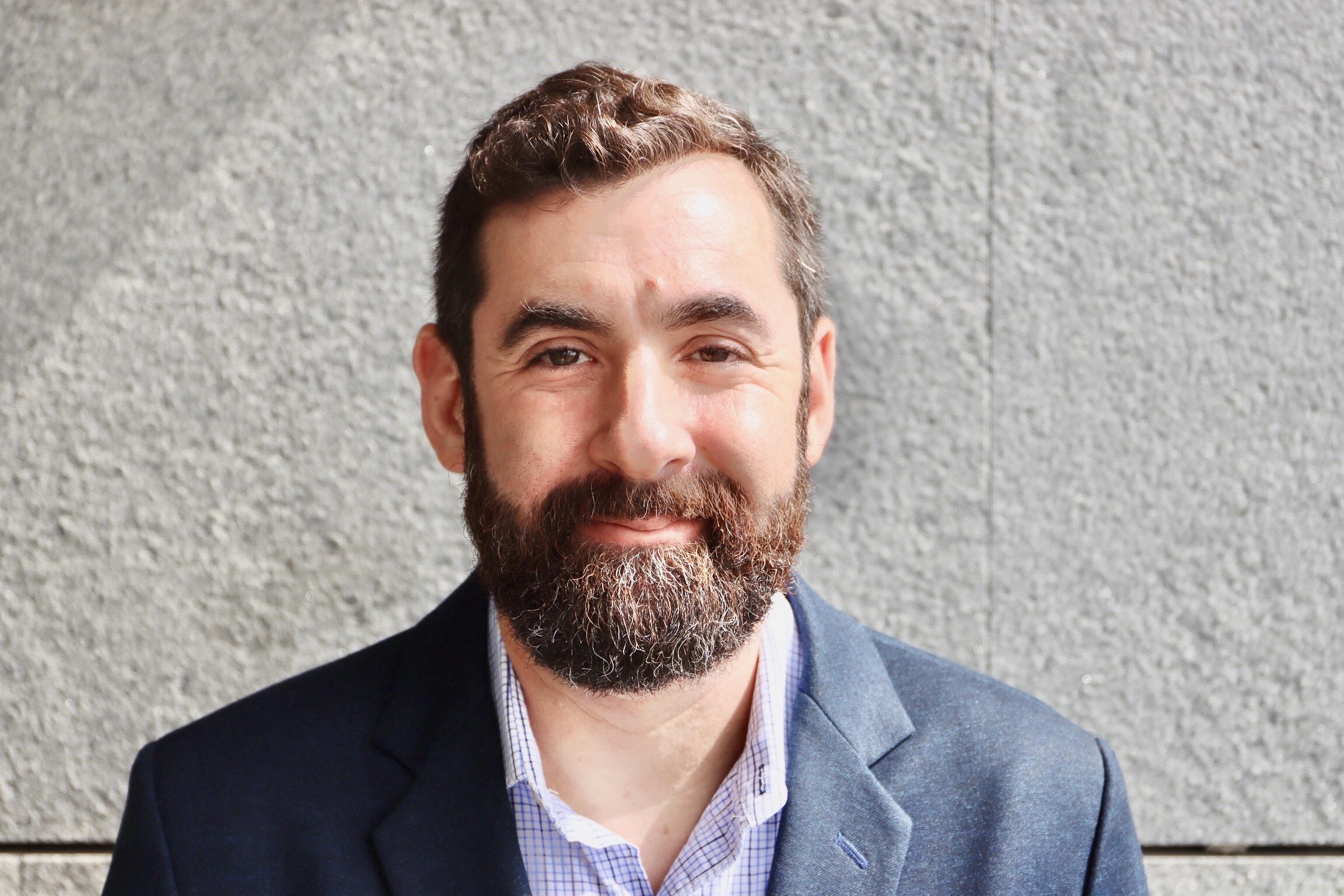Iran's Response to Israeli Retaliatory Strikes: A Dangerous Balancing Act
- Elon Gilad

- Nov 5, 2024
- 2 min read
Updated: Nov 7, 2024

In response to Iran’s 200 ballistic missiles fired at Israel on October 1 — signaling a bold shift in Middle Eastern geopolitics — Israel's retaliatory airstrikes on October 26, 2024 marked a further escalation in Israel-Iran tensions. These strikes, which targeted military assets near Tehran and Karaj, not only exposed vulnerabilities in Iran's defenses but also underscored Israel's capacity to strike deep inside Iranian territory — a bold move that challenges Iran to respond in a way that meets public demands for strength while avoiding an all-out conflict.
Escalating Iranian rhetoric and threats
Iran's leadership initially responded cautiously, but recent days have seen a sharp escalation in rhetoric. Supreme Leader Ayatollah Ali Khamenei warned Israel and the United States of a “crushing response,” signaling heightened pressure on Iran to demonstrate resolve. Speaking on the upcoming anniversary of the 1979 US embassy seizure, Khamenei addressed both Israel and the US, asserting a severe reaction on behalf of Iran and its “resistance front,” which includes Iran-affiliated terror groups like Yemen’s Houthis, Lebanon’s Hezbollah, and Hamas proxy.
Preparing for Iranian retaliation
In response to threats, Israel is preparing for potential retaliation. While Iran initially downplayed Israel’s retaliation attacks, the recent shift suggests that a response is forthcoming. Mohammad Mohammadi Golpayegani, Khamenei's chief of staff, emphasized that retaliation would be “harsh and regretful.”
Israel's military and strategic dimensions
Israel’s strikes resulted in the deaths of four Iranian soldiers, exposing vulnerabilities in Iranian air defenses. Israel’s military chief, Lieutenant General Herzi Halevi, has cautioned Iran against retaliation, warning of a “very, very hard” response if further attacks occur. Israel’s stance here underscores a strong deterrence posture while preparing for potential escalation.
Diplomatic pressure and global dynamics
The international community is monitoring these developments closely, concerned about the potential for a wider regional conflict. While supporting Israel’s right to self-defense, the United States is likely pressing for restraint to prevent further escalation that could draw in US forces.
Iran’s leadership will have to weigh these dynamics carefully. Recent diplomatic progress with Saudi Arabia and its BRICS membership complicate its response, as both international reputation and domestic demands for strength shape its approach.
Wrap up
Iran faces a crucial decision: to project strength and deter future attacks or avoid a broader conflict.
With the US elections in sight, the coming days will reveal whether Iran opts for overt military retaliation, covert action through its proxies, or diplomatic outreach.
With both sides exchanging threats, the situation remains volatile, carrying significant risks for Middle Eastern stability and global security.

Elon Gilad is an Israeli author, journalist, and linguist. His work focuses on uncovering the historical roots of contemporary issues, particularly in current affairs, Jewish history, and the Hebrew language. Gilad is the author of "The Secret History of Judaism." His analytical pieces draw on his diverse background to provide unique insights into today's complex issues, explaining current situations through the lens of historical development.